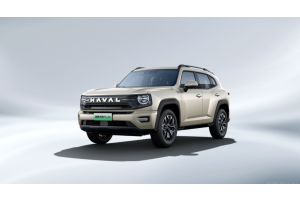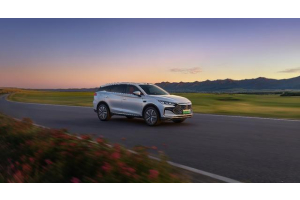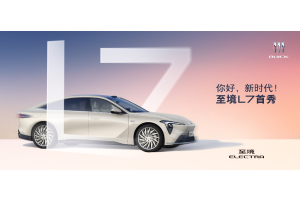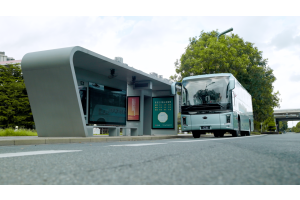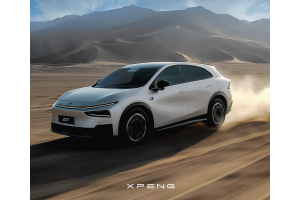Tesla's Saudi Arabia Debut Amid Global Sales Slump

Tesla Enters Saudi Arabia: Market Potential and Challenges
Market Overview and EV Development
Saudi Arabia, while renowned for its oil wealth, is making significant strides in developing its domestic electric vehicle manufacturing sector. According to industry data, EVs currently account for just 1% of total car sales in Saudi Arabia as of 2024. The country's sovereign wealth fund, the Public Investment Fund, holds majority ownership in California-based luxury EV maker Lucid Motors.

Key Point: Saudi Arabia's EV market is in its infancy with only 1% market penetration, but the government is actively supporting domestic EV manufacturing through strategic investments.
Tesla's Market Entry Strategy
Tesla officially launched in Saudi Arabia on April 10, 2025, with a high-profile event in Riyadh, followed by the opening of pop-up stores in Riyadh, Jeddah, and Dammam on April 11. The company hopes to replicate its success in neighboring markets like the UAE, where EV adoption has been growing steadily.
The entry comes at a challenging time for Tesla, which has faced significant sales declines in Europe due to controversies surrounding CEO Elon Musk's political affiliations. The Saudi market represents an important new growth opportunity for the American automaker.
Key Point: Tesla is expanding into Saudi Arabia despite global challenges, betting on the region's growing EV demand and its own brand recognition.
Infrastructure and Competitive Landscape
The Saudi EV market presents significant infrastructure challenges, with only 101 charging stations nationwide as of 2024. However, a newly formed EV infrastructure company has ambitious plans to install 5,000 fast-charging stations across the country by 2030.
Tesla will face competition from Chinese automaker BYD, as well as local manufacturers Lucid Motors and Ceer Motors. Industry analysts predict Tesla could sell between 10,000 to 15,000 vehicles in its first two years in the market before competition intensifies.
Key Point: Charging infrastructure remains limited but is set for massive expansion, while Tesla faces competition from both Chinese and locally-backed EV makers.
Saudi Vision 2030 and EV Adoption Goals
Saudi Arabia's push into EV manufacturing is part of its broader "Vision 2030" strategy to diversify the economy and reduce dependence on oil. The kingdom aims to convert 30% of vehicles in Riyadh to electric as part of a plan to halve the city's emissions.
The Saudi EV market is projected to reach $28 billion in value by 2030 according to industry reports, representing significant growth potential for automakers entering the market now.
Key Point: Saudi Arabia's Vision 2030 includes ambitious EV adoption targets that create major opportunities for automakers in the coming decade.
Changing Relationships and Consumer Demand
Tesla's entry into Saudi Arabia comes amid improved relations between Elon Musk and the Public Investment Fund after years of tension. The timing also coincides with anticipated high-level diplomatic visits between Saudi Arabia and the United States.
Consumer surveys show strong interest in EVs among Saudi buyers, with over 40% considering an EV purchase within the next three years. Industry analysts predict robust demand for Tesla vehicles in the Saudi market in the near term.
Key Point: Improving political relationships and strong consumer interest create favorable conditions for Tesla's Saudi market entry.
Conclusion
Tesla's expansion into Saudi Arabia represents a strategic move into a market with significant long-term potential but near-term challenges. While infrastructure limitations and competition pose hurdles, the government's commitment to EV adoption through Vision 2030 and growing consumer interest suggest promising growth prospects for Tesla and other EV manufacturers in the kingdom.




